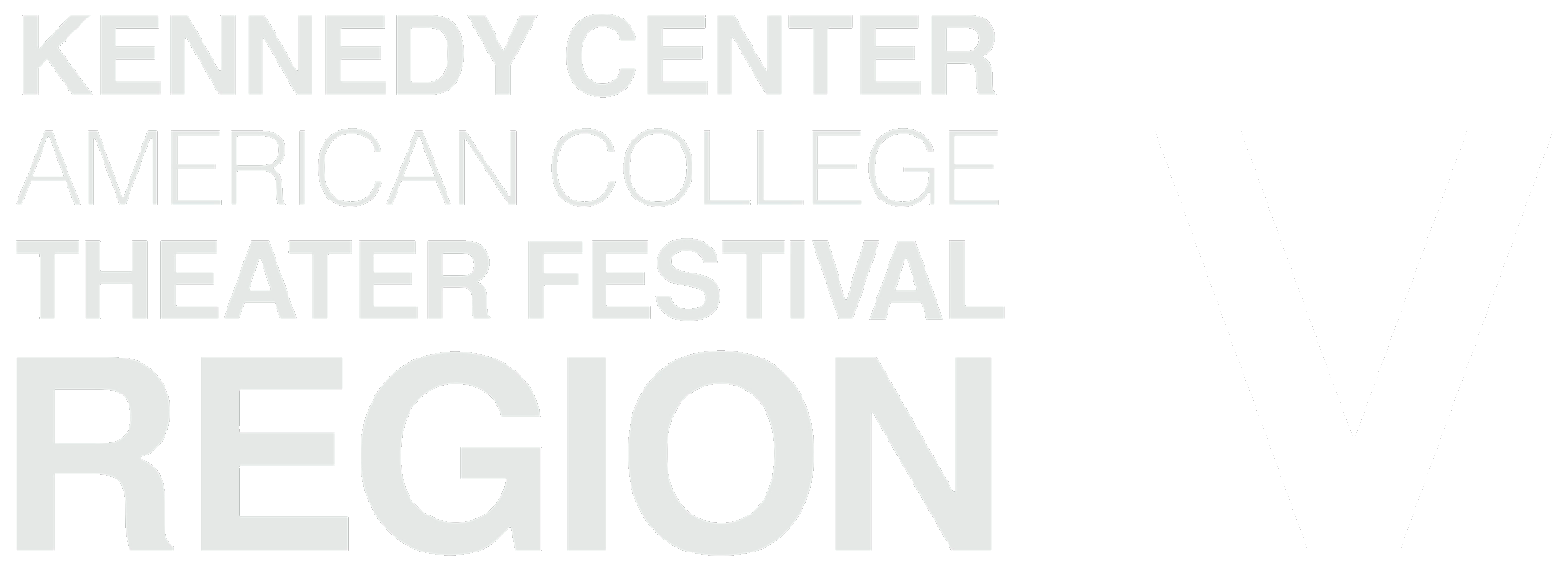5 Questions with Intimacy Director Laura Rikard
Interview by: Bianca Utset
How would you define theatrical intimacy to someone who has never heard of it before?
Well it’s funny to me because I think all of it is intimate. The very act of going into a space and choosing to create something with other people is intimate, right? But I think the way we are thinking of it right now in the moment is- theatrical intimacy can be staging moments, physicalized moments of close relationships. But it can also be moments where something about the actor’s person, or one of their five federally protected characteristics, is also being leveraged as the character as well. So we want to have great care when we are working with each other. So, a moment of intimacy can literally be defined differently by every person in the space. For some people it’s only kissing, for some people its heightened physical contact, and for some scenes it’s a quiet, emotional moment to themselves. So, that’s why it’s so important that we educate everyone in the room, beyond just having intimacy specialists. So if a moment comes up where someone says ‘this is a moment of intimacy’, everyone has tools to handle it.
What got you interested in this side of theatre?
I became very interested when I became a teacher, and how to instill better self care skills and training for the actor. I wanted my students to feel more empowered than I had felt, and I wanted to be a better authority in the space than I had modeled for me. And I had some really great models, I also wanted to live up to some of the models I had as well.
“We had it for fight, we had it for dance, why did we not have it in really the most physical, vulnerable moments for actors?”
Laura Rikard
Why would you say this work is so important today?
I think it’s always been important. I think it was just as important a hundred and fifty years ago as it is today. It’s just now the industry is ready to have the conversation, now the industry is ready to accept the tools. But I think theatre as a whole is having a reckoning with being a more equitable space, being a space that truly does serve our communities, and serves the vulnerable people in our spaces. So I think all of this work contributes to that. I think it makes us better people. I think it’s helping us all treat each other with respect and equanimity.
What are some misconceptions do you think people have about theatre intimacy?
I think the first misconception they have is that the intimacy choreographers or directors are sex police, that they’re not going to let you do anything- they’re not going to let you create anything that tells the story of sex. That they want to take over the production, but that’s not true, the work is here to support the production. I think a big misconception people have is that we prevent sexual harassment. I think we are helpful in it not happening, but can’t ultimately prevent it- that takes educating everybody in and outside of the rehearsal as a whole. So those are probably the biggest misconceptions- OH! That they’re mental health specialists. That’s a BIG misconception- they are not mental health specialists.
What is the main goal of this work?
I’m struggling to answer that because Chelsea and I just said the other day, another reason we can’t certify is because the education of it will never stop. It changes and it molds and certification gives a sense that something’s finite. So, what is the goal? I think there’s a lot- for one, we needed a system for staging intimacy. We had it for fight, we had it for dance, why did we not have it in really the most physical, vulnerable moments for actors? So I think one goal is to give us a system for those specific moments. I think other goals are to help create brave spaces, where we can be endlessly creative within our boundaries. I think a goal of it is to normalize boundaries in the creative process and respect them. Normalize and respect them. And I think one goal is that it’s just- better is better. It can just make the industry better for those who are going to come up through it. Then, we’ll get better work because of it- we’ll get better stories.






